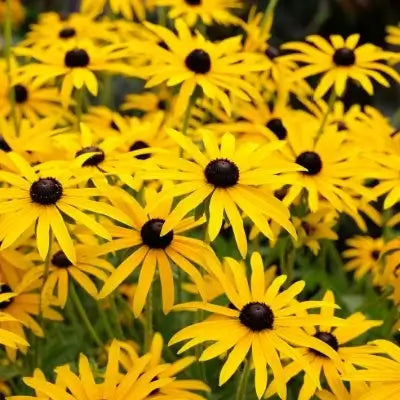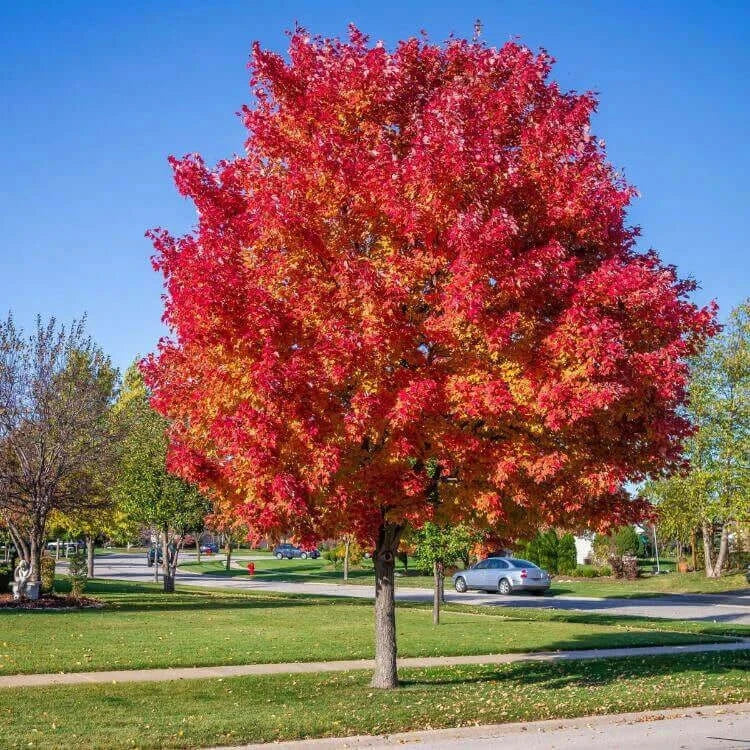Something is fulfilling about growing your herbs that you can't just get from the jar of dried herbs you bought at the supermarket. While you might think you need more space in your kitchen to grow your herbs, the reality is that no kitchen is too tiny to have room for a pot or two of fresh herbs.
Usually, the interest in growing herbs stems out of frustration. You purchase the healthiest-looking cilantro and basil from the store only for the fresh sprigs to spoil even before you use them. Of course, you can still use the herbs past their shelf life. But wouldn't it be nice to grow your herbs in your kitchen and use them in your leisure time?
Consider Growing the Herbs Outside
Your herbs will prefer sitting outside, basking in the sun, and getting fresh air daily. Most herbs do well outdoors under the full sun. Growing your herbs outside ensures they receive ample sunlight, up to six hours daily.
Consider growing your culinary herbs outside if you have space in your backyard. The problem with most homes is that they need to be drier indoors for culinary herbs to thrive. Growing your herbs indoors without the optimal conditions makes them more susceptible to pests, especially basil.
But if you don't have the space to grow your herbs outdoors, position them in the brightest spot where they can get ample sunlight.
Get a Light Setup
You can get a light setup if you're working with limited space around your kitchen area or need somewhere to position the herbs in your apartment. Herbs need plenty of light, and even your brightest windows during winter won't suffice.
Consider using a timed light setup to give these plants the required light to grow optimally. While some light arrangements might be costly, it would be worth it as you will get fresh herbs all year.
Avoid Growing Seeds
The first thing that comes to mind when you think about growing your herbs is to grow them from seeds. While this sounds like a great idea, the problem is that growing herbs from seeds isn't recommended, especially for newbies. Moreover, it might take some time for your seeds to germinate and mature.
You can skip the whole process and go for small herb plants. Buy these plants from your local grocery store or order them online. The benefit of this option is that you don't have to worry about providing the herbs with the right environment to germinate.
Prioritize What You Eat
Having a kitchen herb garden with all kinds of herbs is tempting. Think of a herb garden with savory parsley, basil, marjoram, coriander, etc. These herbs have varying benefits and will make your meals taste great, but prioritizing what you eat is worth it. To get the most from your small kitchen garden, focus on the few herbs you use in your cooking.
Know How to Care For Your Herbs
Proper plant care is vital to use your herbs all season long. You can't leave your herbs unattended for weeks and expect to get fresh foliage throughout the year.
If you're growing your herbs indoors, make sure the plants obtain six hours of sunlight. If the plants can't get ample natural daylight, use a plant grow light for up to 16 hours daily.
You should also maintain a temperature between 55 and 70 degrees. As for fertilization, use water-soluble fertilizer on your kitchen herbs for healthy leaf growth.
Regular trimming is also essential as it allows the herbs to mature. As a rule of thumb, ensure the spices don't flower. If you enable the herbs to flower, they will focus all their energy and nutrients on the bloom. So, for healthy leafy growth, ensure they don't flower.
An integral aspect of caring for your kitchen herbs requires frequent watering. Water the herbs when the dirt feels dry. Herbs hate soggy soil, so you should be careful not to overwater them.
Know the Right Companion Plants
Different herbs require varying growing conditions. A common mistake with most herb growers is planting herbs with other watering requirements.
Herbs like lavender, thyme, and rosemary do well in drier soil with moderate watering requirements. On the other hand, basil, mint, and chives fancy generous waterings. Growing these plants together will only lead to undesirable results.
For a healthy kitchen herb garden, group herbs with similar growing conditions. Use a separate container for herbs that require different growing conditions.
Choose the Best Pots for Indoor Herbs
If you're growing your herbs indoors, choose the best containers for these plants. Drainage is one of the main factors you must mull over when selecting the pots. The pots should allow proper drainage since herbs don't like standing water. Test the containers to determine how fast or slow they drain water before using them.
As for the saucers, ensure each container has a saucer, as this will help control the mess indoors or around your kitchen area.
When choosing your herbs containers, remember to pick the correct size. Some herbs, like basil, have deeper roots and will do well in more bottomless pots. Working with a small container might also lead to stunted plant growth. Such essential factors will determine your success with indoor herbs.
It's Easy to Get Started!
It's easy to get started growing your herbs. Home-grown herbs will indeed transform your cooking and your health. With so many planting and cooking options, you can be creative! But it all starts with growing your herbs. It is easy to get started. Use your little space wisely; you'll benefit from fresh and healthy herbs all year.












































































































